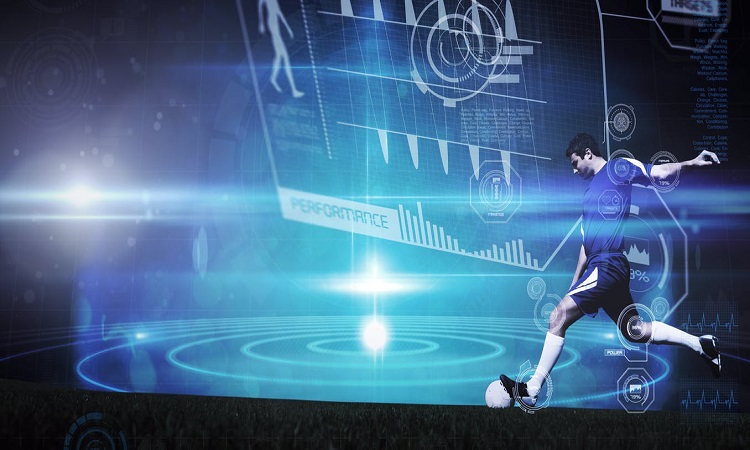Against the prejudice of “purist football” fans, there is a lot of technology added to the game in all areas. We have already talked about how soccer matches today are like video games and how broadcasts have started to add better resources. After the incorporation of the “Video Assistant Referee” (VAR) in almost every tournament on the planet, FIFA is exploring a new frontier: Artificial Intelligence.
A publication by The Times details this innovation that arrives in time for a test phase prior to the World Cup in Qatar 2022, and that will be implemented in six stadiums used in the next “Arab Cup” in that country from November 30. However, this recognition system has already been tested in other European venues, such as Bayern Munich’s Allianz Arena or Manchester City’s Etihad.
Artificial Intelligence for the offside: the new VAR
This semi-automatic solution will be incorporated into the detection of “offside” during matches. To achieve this, it replaces human monitoring from the VAR and adds a notification trigger when the system detects that one or more players are in a forward position.
For this system to work, 12 cameras located around the field are required, which will be able to follow a total of 29 player box points using a “skeletal player monitoring system”.
To complement the information received by the cameras, Artificial Intelligence receives the location of the ball on the court and recognizes the exact moment in which the passes are made. During the tests, the AI reacted with a delay of 0.5 seconds after detecting the fault.
This information is sent to the VAR so that the assistant judges can review the video and make a final decision. However, it will be the main referee of the match who will have the last word.
Can football be automated?
Another privately developed system is “Hawk Eye” a project acquired by Sony that provides VAR technology to the Premier League. During its application, one of the obvious problems was the type of penalty against the players when the fault was detected, no matter how minimal. This measure, according to specialists, is not in favor of the attacker, an incentive that FIFA has prioritized in recent decades.



